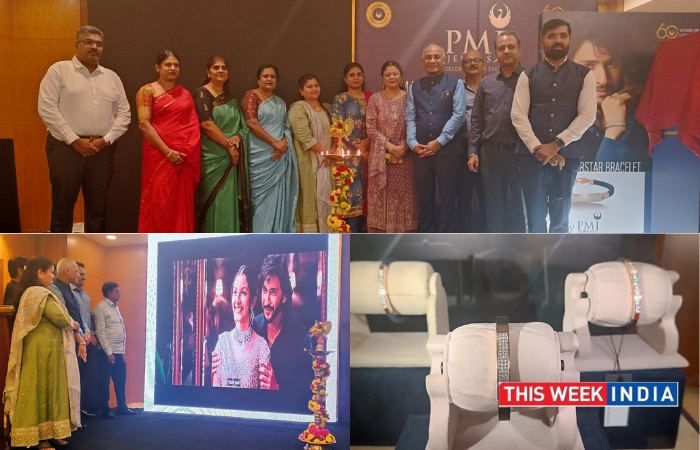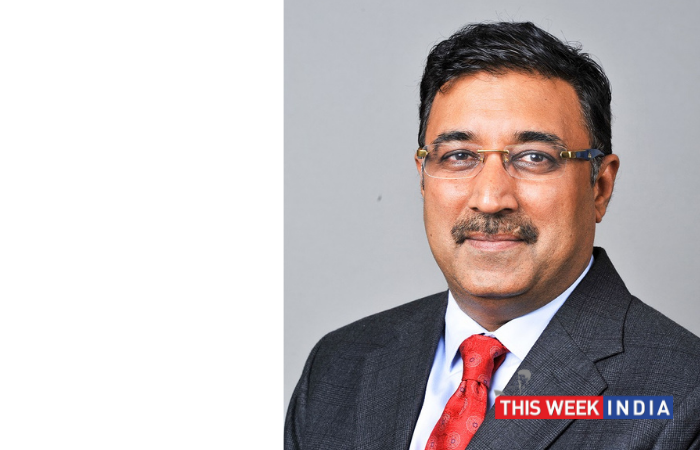The fourth phase of the Green School project will be extended to Sukinda
A new Green School Buddy Programme designed to encourage teachers to become peer planners for project
New Delhi, July 15, 2021: Tata Steel Foundation and TERI launched Phase IV of the Green School project today at a virtual event that saw the participation of all stakeholders including students, teachers and schools involved in the project. Beginning its fourth phase, the project will be extended further to include Sukinda, a town in Odisha and part of Tata Steel’s operational area to further its efforts around creating awareness among students on climate change, sustainability, and environmental stewardship.
The new phase of the project was initiated in the presence of R R Satpathy, General Manager, Corporate Services, Tata Steel Kalinganagar, Anna Kujur, Eco-Revolutionist, Athkosia Adivasi Sangathan and Suruchi Bhadwal, Senior fellow, Earth Sciences and Climate Change, TERI.
In view of the COVID-19 pandemic, the project will go completely virtual this year with a greater emphasis on generating awareness amongst students around climate action, particularly on the Sustainable Development Goals (SDGs). The new phase of the project aims to encourage teachers of partner schools to become peer planners and develop yearly plan of activities for their schools under the themes of climate action and SDGs.
Additionally, the project is introducing a new programme called the ‘Green School Buddy Programme’ to help students become future change makers. The programme will see students associated with the project since its inception and who have developed their capacities on various aspects of sustainability, conduct and lead school activities. Students from at least one of the best performing schools under the Green School project will be selected as Green School Buddies. These students will be motivated to plan and execute informal sessions to generate awareness on environmental issues for new students and those in the primary section. Tata Steel Foundation and TERI will work on guiding these Green School Buddies in the planning the sessions.
Speaking on the occasion, R R Satpathy said: “Restoration of the ecosystems is our key focus in Phase IV of the Green School Project. While our generation can help initiate this process of restoration, it is the students who have to work on imbibing these qualities in them and become change makers of tomorrow. We need to start from the basics and help them understand the value of resources and generate awareness around environmental degradation.”
“Your generation needs to innovate and develop technologies to protect and restore the planet for a better future. The Green School Project has been performing well and with restoration being the new area of focus the scope of this initiative has grown exponentially,” R R Satpathy added.
Speaking on co-existence and bringing harmony between humans and nature, Anna Kujur, Eco-Revolutionist, Athkosia Adivasi Sangathan, said: “We need to learn to love our environment and nature. With land degradation and deforestation, the adverse effects of local climatic changes can be clearly observed. Thus, planting trees and addressing deforestation will greatly help in working towards a healthy environment and consequently a healthy body.”
“Reducing the use of fossil fuels & our interference with the environment while increasing the application of cleaner energies will help us mitigate the impacts of climate change. Sustainable development and the 17 SDGs thus hope to steer the global economies on a climate friendly pathway,” Suruchi Baldwal, Senior Fellow, Earth Sciences & Climate Change, TERI said in her session on ‘Climate Change and Sustainable Development Goals (SDGs)’ at the launch event.
The Green School project was formally launched in April 2017 to help the students across Tata Steel’s operational areas in Jharkhand and Odisha improve their critical, interdisciplinary and holistic thinking. The focus of the project is to create awareness and enable the student and teacher fraternity to better understand their relationship with nature and make concerted efforts to conserve it through resource management initiatives at local levels.









